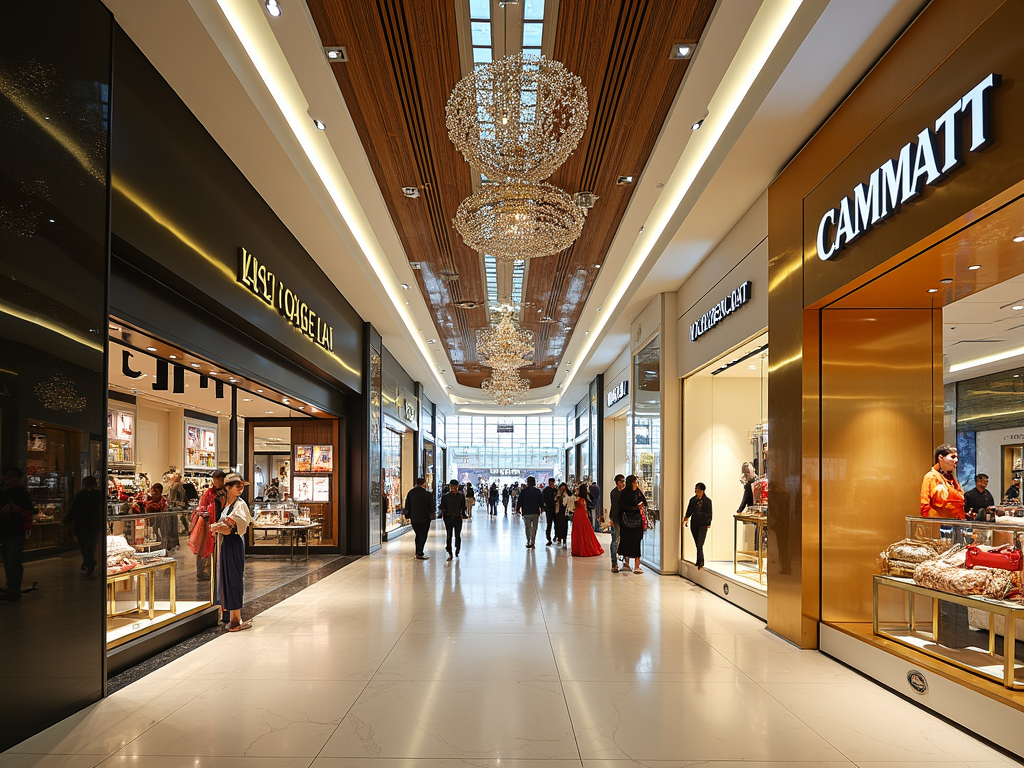Setting up a real estate development business in Dubai is a lucrative opportunity, given the city’s booming property market and strategic location. This article will guide you through the essential steps, legal requirements, and considerations necessary to establish a successful real estate development venture in this vibrant city. Whether you are an investor looking to capitalize on the flourishing market or a developer eager to embark on new projects, this guide will provide you with valuable insights to navigate the complexities of starting your business in Dubai.
Understanding the Dubai Real Estate Market

Dubai’s real estate market is one of the most dynamic in the world, characterized by rapid growth, innovative architecture, and a strong demand for residential and commercial properties. Key factors contributing to this market’s attractiveness include:
- Strategic Location: Dubai’s position as a global business hub makes it a prime location for both investors and developers.
- Diverse Demographics: With a sizable expatriate population, the demand for various types of housing is consistently high.
- Government Initiatives: The Dubai government actively supports real estate development through favorable regulations and initiatives.
- Tourism Growth: An increase in tourism leads to a high demand for hospitality and residential spaces.
- Infrastructure Development: Ongoing projects to improve infrastructure further enhance property values.
Understanding these market dynamics is crucial for emerging developers aiming to pinpoint investment opportunities and connect with potential clients.
Legal Framework for Real Estate Development

Before establishing your real estate development business, it is essential to comprehend the legal structure governing property ownership and development in Dubai. Here are the key elements:
- Business Licensing: Depending on your business structure (LLC, free zone company, etc.), you must obtain the appropriate licenses from the Department of Economic Development (DED).
- Property Ownership Laws: Foreign investors can own property in designated areas. Familiarize yourself with freehold and leasehold ownership regulations.
- Approval from Authorities: Real estate projects require approval from various authorities, such as the Dubai Land Department and the Dubai Municipality.
- Compliance: Adhere to the regulations set forth by the Real Estate Regulatory Agency (RERA) concerning development practices and consumer protection.
- Investor Rights: Understand the rights and obligations as a property developer, including funding, marketing, and construction responsibilities.
By navigating these legal aspects, you can establish a solid foundation for your real estate development operations in Dubai.
Developing a Business Plan
A well-structured business plan is crucial for the success of your real estate development business. Elements of your plan should include:
- Market Analysis: Conduct thorough research to understand market trends, customer preferences, and competitive landscape.
- Financial Projections: Outline a budget for initial investments, operational costs, expected revenues, and return on investment.
- Marketing Strategy: Develop a strategy to attract buyers and investors. This could include social media campaigns, partnerships with real estate agencies, and attendance at industry events.
- Project Selection: Identify potential projects based on market demand, available land, and financial feasibility.
- Risk Management: Assess potential risks and propose mitigation strategies to secure your investment.
A comprehensive business plan will not only guide your initial steps but also attract potential investors and partners.
Securing the necessary funds to finance your real estate development is one of the most critical steps in the process. Several financing options are available:
- Bank Loans: Traditional loans from banks can provide a significant amount of capital for your projects. Ensure you have a solid business plan to present to lenders.
- Private Investors: Partnering with private investors can assist in funding your developments while sharing profits.
- Real Estate Investment Trusts (REITs): These can offer alternative funding sources and lower individual risk.
- Crowdfunding: New platforms allow developers to reach out to a wider audience for funding.
- Government Grants: Research if you qualify for any government incentives or grants aimed at promoting real estate development.
Consider your options carefully, as choosing the right financing method is critical for managing your project’s budget and risk effectively.
Marketing Your Development Projects
Once your projects are underway, the next challenge is to market them effectively to potential buyers and investors. Key marketing strategies include:
- Diverse Marketing Channels: Utilize online platforms, social media, and traditional advertising to reach your target audience.
- Networking: Build relationships with real estate agents and other industry professionals to expand your reach.
- Showcases and Open Houses: Host events to showcase your properties, offering potential buyers firsthand experience of what you have to offer.
- Feedback Loops: Engage with buyers to gather feedback and adapt your strategies accordingly for future projects.
- Content Marketing: Provide valuable content that highlights your expertise in the market through blogs, articles, and newsletters.
Building a robust marketing strategy will help create visibility for your projects and enhance your reputation in the Dubai real estate market.
Conclusion
Establishing a real estate development business in Dubai offers immense opportunities but requires careful planning, legal comprehension, and effective marketing strategies. From understanding the market to navigating legal frameworks and securing funding, each step is essential for success. As Dubai continues to evolve as a global real estate destination, now is the time for aspiring developers to make their mark. By following the outlined strategies, you can position your business for long-term growth and profitability in this competitive landscape.
Frequently Asked Questions
1. What is the minimum investment required to start a real estate business in Dubai?
The minimum investment varies based on the business model, but you should budget for at least AED 500,000 to cover initial licensing, office space, and operational costs.
2. Can foreign nationals own property in Dubai?
Yes, foreign nationals can own property in designated freehold areas in Dubai, allowing for complete property ownership.
3. How long does it take to set up a real estate development business in Dubai?
The time taken to set up a business can vary, typically ranging from 1 to 3 months, depending on the speed of acquiring necessary licenses and approvals.
4. Do I need a local partner to set up a business in Dubai?
In most cases, yes, for LLCs, having a local partner or sponsor is necessary. However, setting up in a free zone allows for 100% foreign ownership.
5. What are the tax implications for real estate developers in Dubai?
Dubai has no personal income tax, making it an attractive location for real estate development. However, it is essential to comply with regulations regarding property registration fees and developer taxes.


